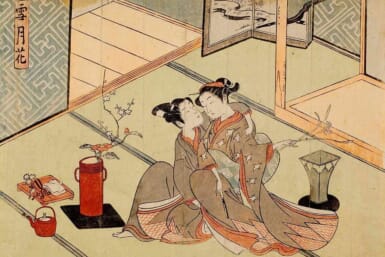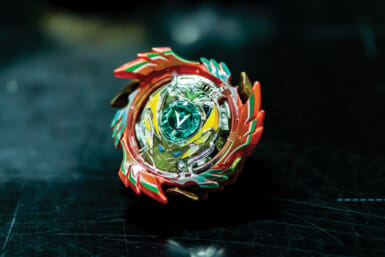There are 4,500 onomatopoeia in the Japanese language, which is more than the number of kanji required to read a Japanese newspaper. It’s a crazy number and it looks daunting. But don’t give up just yet because you’re probably already been using some of them without realizing it. The truth is, you don’t need to learn all 4,500, just like you don’t need to learn every kanji in the Japanese language. But there are some onomatopoeia, or giongo in Japanese, that are fun (and very useful) to know.
What are Japanese onomatopoeia?
In English, “onomatopoeia” are words used to refer to sounds — like “wham.” In Japanese, however, they extend a little further than that. There are five groups of onomatopoeia in Japanese:
- Animal and human sounds
- Sounds by inanimate objects and nature
- States of being
- Movements and motions
- Feelings
It would be more accurate to refer to Japanese onomatopoeia as “sound symbolic,” which would encompass the true range of these words. Here is a really good study that goes deeper into the linguistics of it all, first shared on Tofugu.
While you probably don’t need to know all the 18 sounds for cat activities and meows, below is a list of common onomatopoeia used in everyday conversations. Most of those refer to a certain state of being and feelings, simply because they are the easiest to incorporate into your vocabulary if you’re learning Japanese later in life.

1. ぎりぎり
Meaning “just barely” or at “the last moment,” giri giri is an onomatopoeia that I’ve taken the habit to use even in English. It is just that convenient.
ぎりぎりだったけど、なんとか間に合った〜! Giri giri datta kedo, nantoka maniatta. I made it at the last moment!
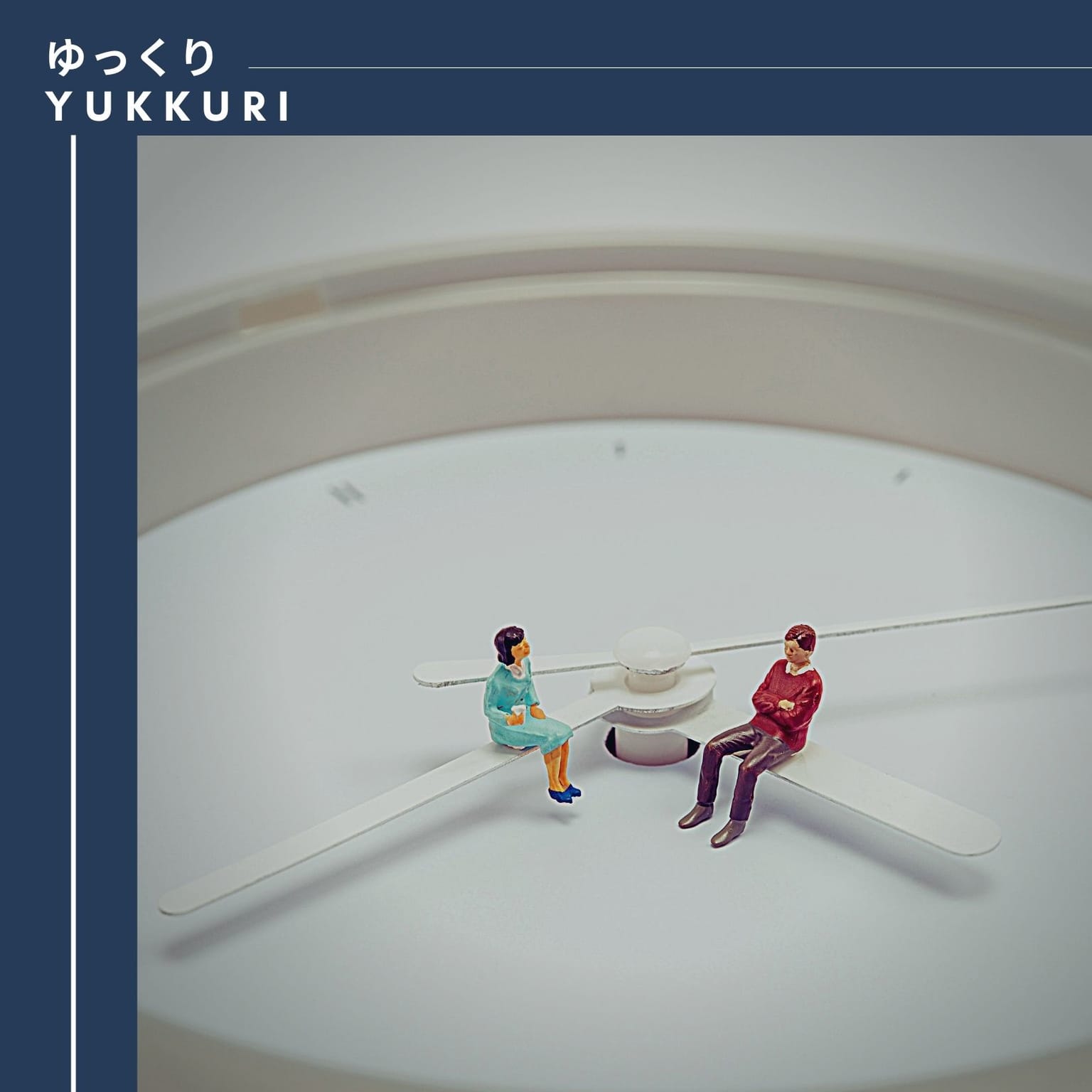
2. ゆっくり
Yukkuri can be translated in a couple of ways depending on the content it’s used. “Slowly,” “amply,” and even “well” (as is “I’ve slept well”) are all good ways to express this onomatopoeia in English. Because of its versatility, it’s quite forgiving when being used by beginners.
夏休みはゆっくり休むつもりです。Natsuyasumi wa yukkuri yasumu tsumori desu. I’m just going to rest during the summer vacation.
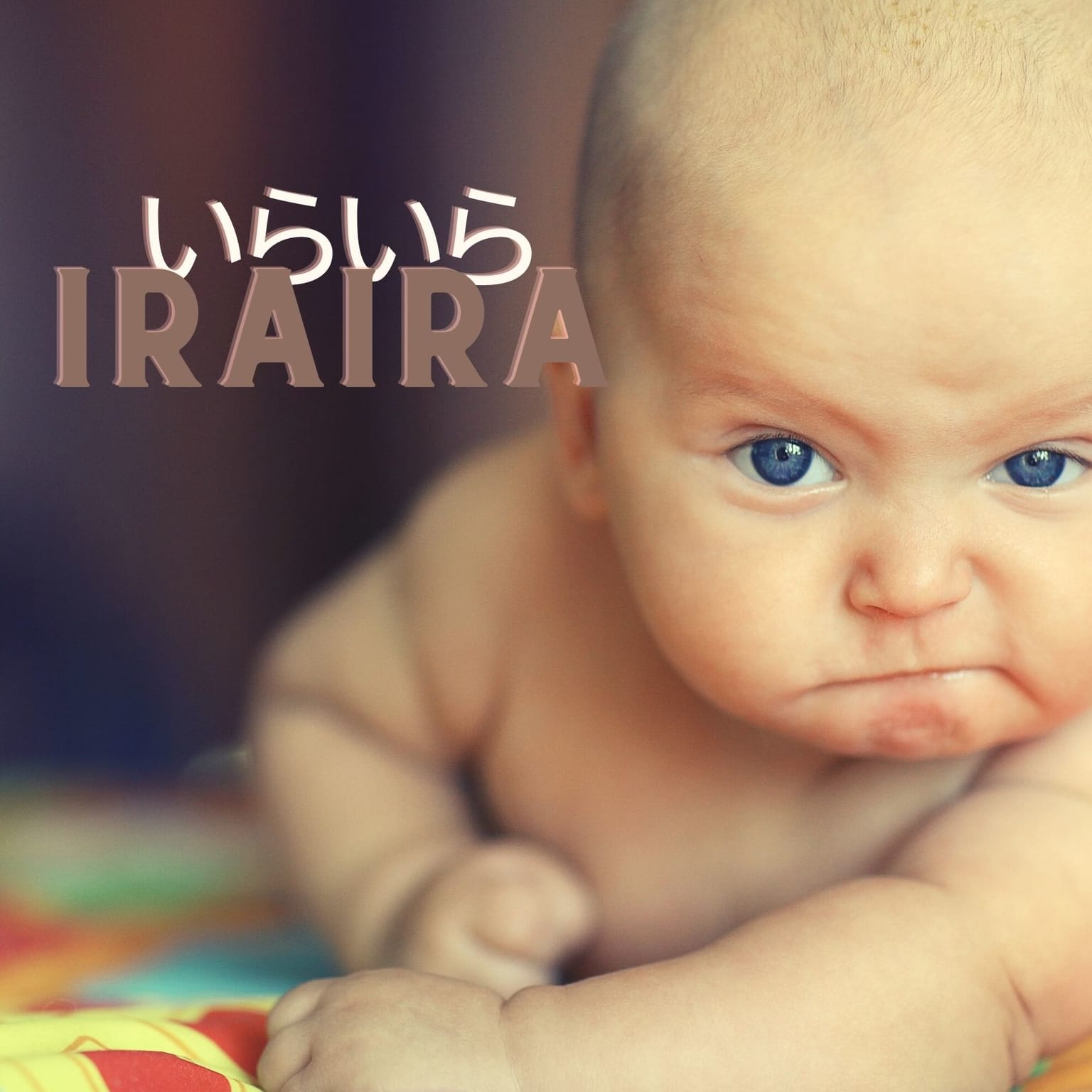
3. いらいら
There are many ways to express anger in Japanese, but ira ira is one that sits more on the “irritable” and “annoyance” end of the spectrum. It especially comes in handy when ranting about work or people that you might not be getting along with.
ああいう政治家の話を聞くといらいらする。Aaiu seijika no hanashi wo kiku to ira ira suru. I’m getting annoyed just listening to politicians like that.
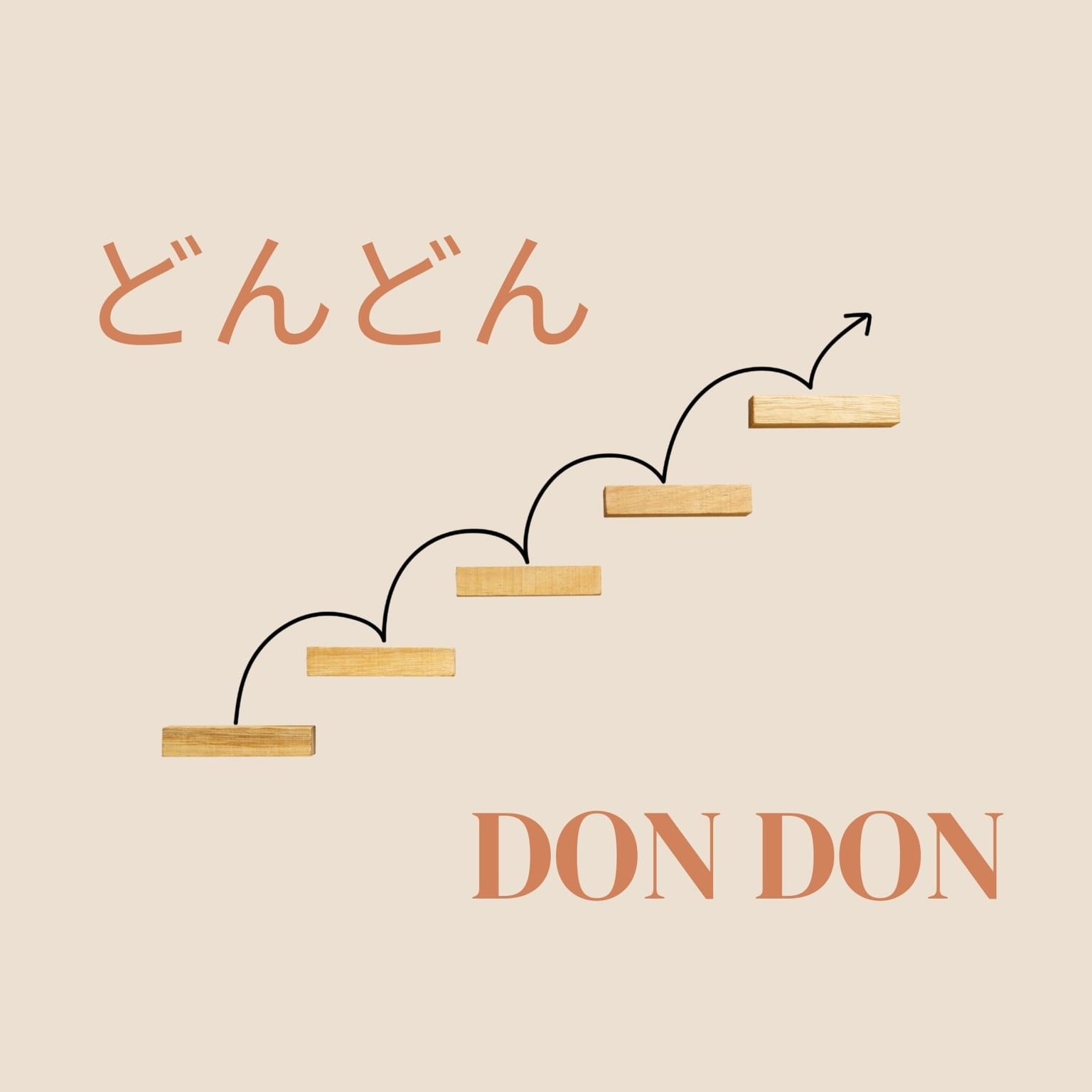
4. どんどん
Don don has three contexts it can be used in: to describe a drumming or pounding noise, to describe something happening quickly or to describe something happening continuously. Because it can cover such a wide range of topics, it can easily be used to add a bit of flair in conversation.
結婚後でも働き続ける女性がどんどん増えている。Kekkongo demo hataraki tsuzukeru josei ga don don fueteru. More and more women continue working after getting married.
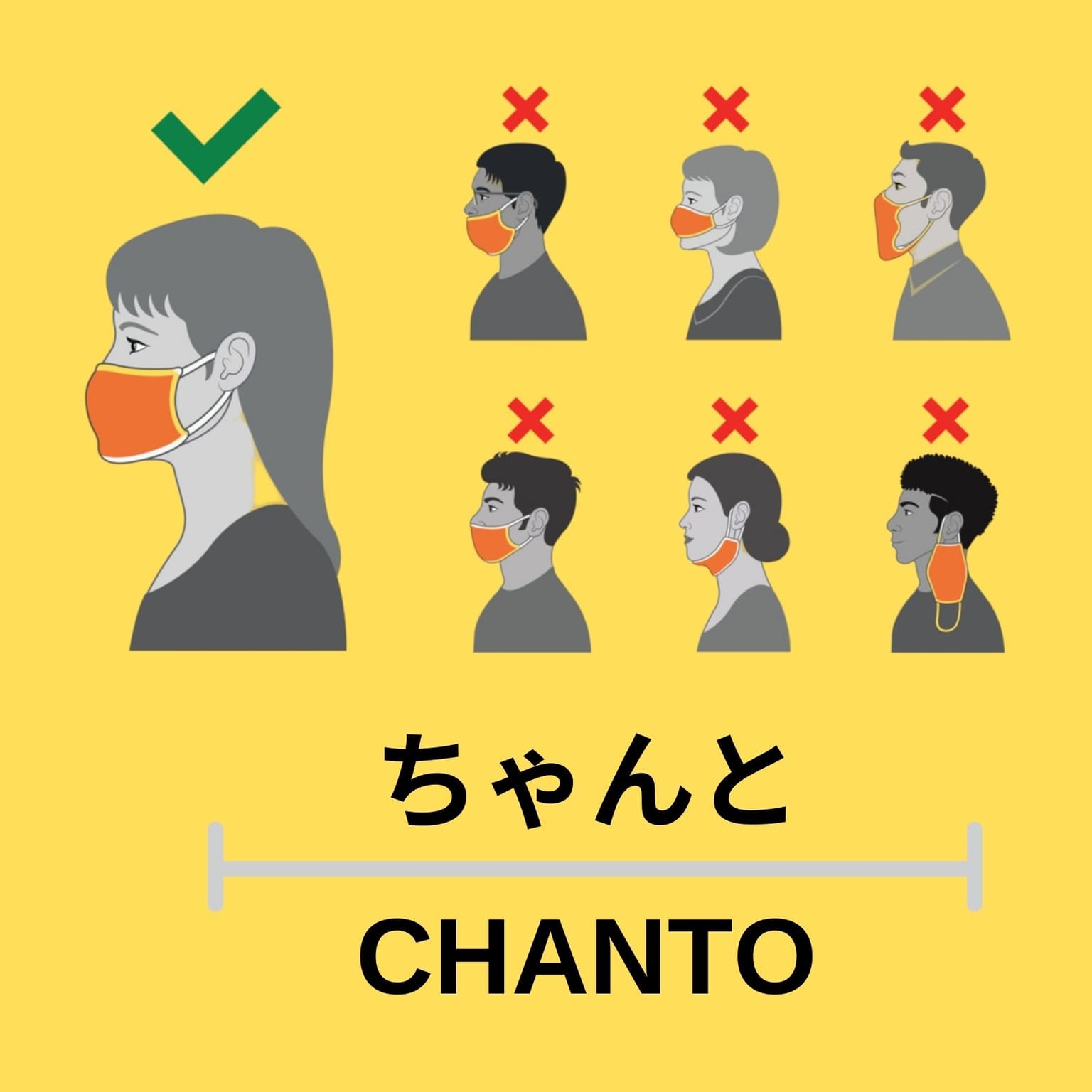
5. ちゃんと
Translating to “diligently” or “perfectly,” chanto is very commonly used in the workplace, but also in everyday life. It adds a certain type of emphasis on the action that follows, describing not the action itself but the intentions (or the intentions that the doer should have) when performing it.
やるからには、ちゃんとやりなさい。Yaru kara ni ha, chanto yarinasai. If you’re going do it, do it well.
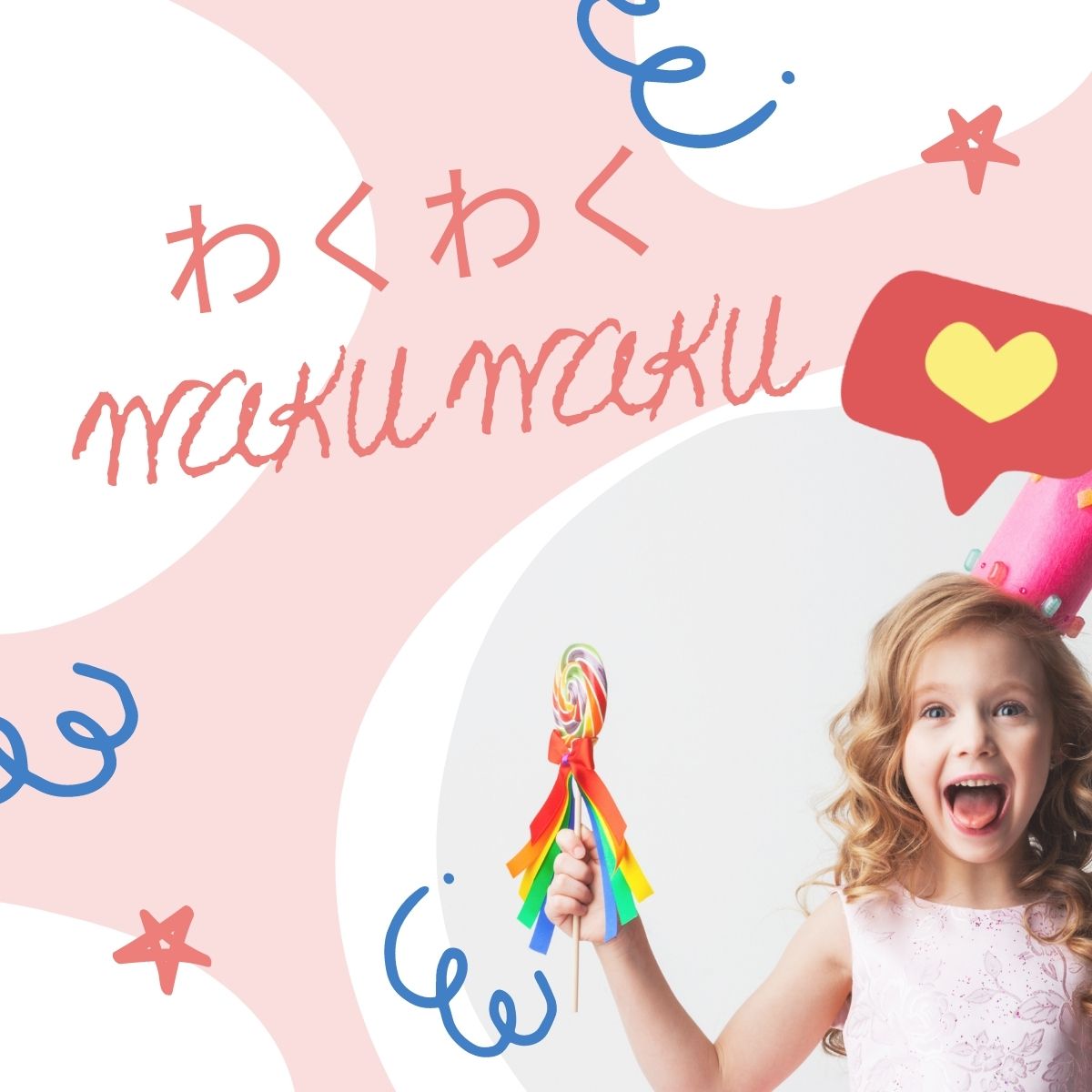
6. わくわく
This onomatopoeia is among the first ones taught to language learners, especially in academic settings. Simply put, waku waku is the purest feeling of excitement. It can be used to express your excitement about something (or someone) you’ve been looking forward to seeing or experiencing.
映画作りは人をわくわくさせる仕事だ。Eigazukuri wa hito wo waku waku saseru shigoto da. Movie-making is all about making people excited.
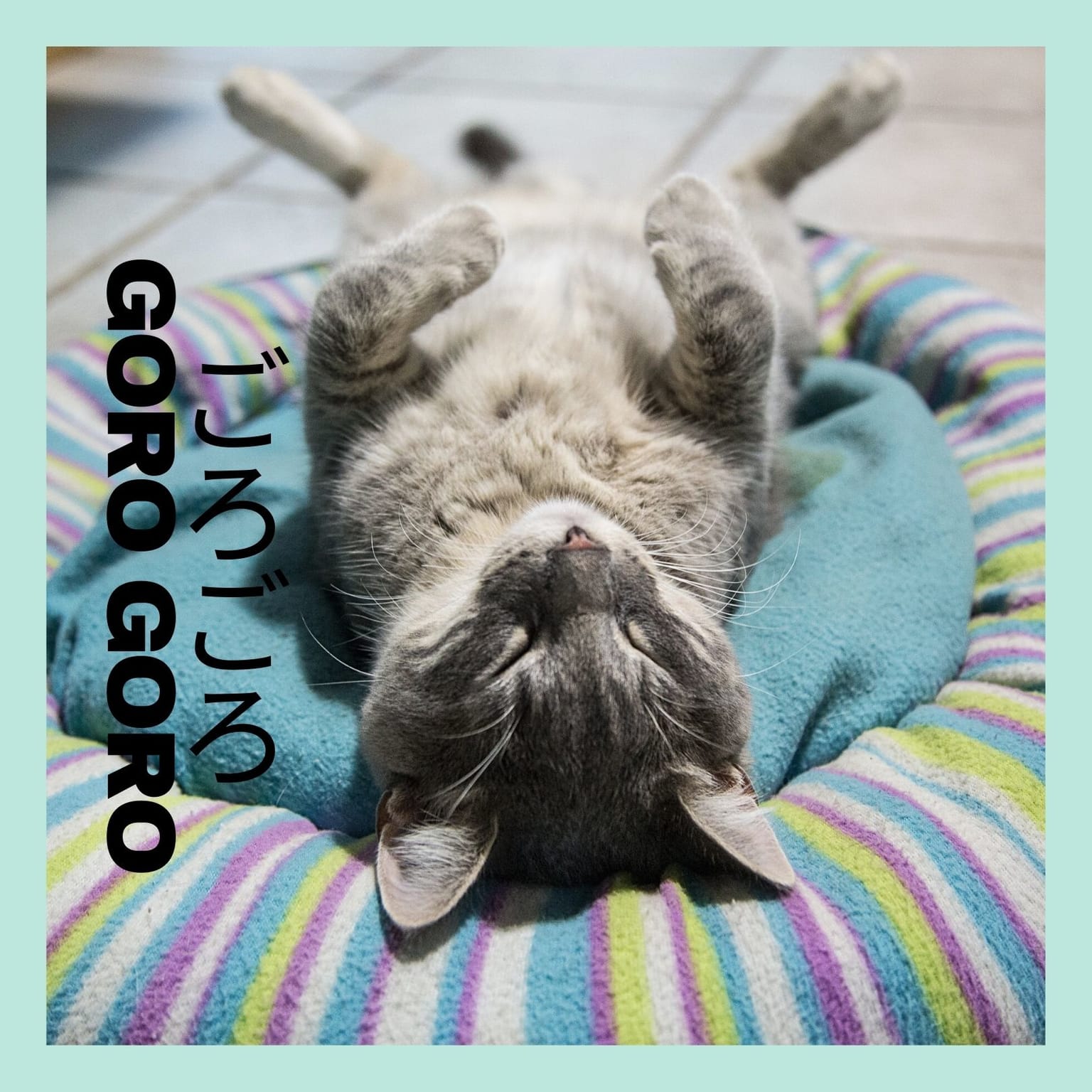
7. ごろごろ
While everything about living in Japan is great, it’s certainly a misconception that every day is an adventure. If you’ve lived in Japan for a few months, you’ll know that it usually is sprinkled with a few days spent doing nothing (and that’s okay!), lounging around our apartments. Goro goro is a simple onomatopoeia that can be used to describe just that.
昨日は、何もすること事が無かったので、一日中家でゴロゴロしていた。Kinou wa, nanimo suru koto ga nakatta node, ichinichijuu ie de goro goro shiteita. I had nothing to do yesterday so I was just rolling around all day.

8. くたくた
Like ira ira, there are a lot of ways to express tiredness and exhaustion in Japanese. Kuta kuta translates to “exhausted” or “worn out” so you can imagine how useful it can be when talking to your friends about your work lately.
最近仕事の量が半端なくて、もうくたくたです。Saikin shigoto no ryou ga hanpa nakute, mou kutakuta desu. I’ve got so much work lately, I’m absolutely exhausted.
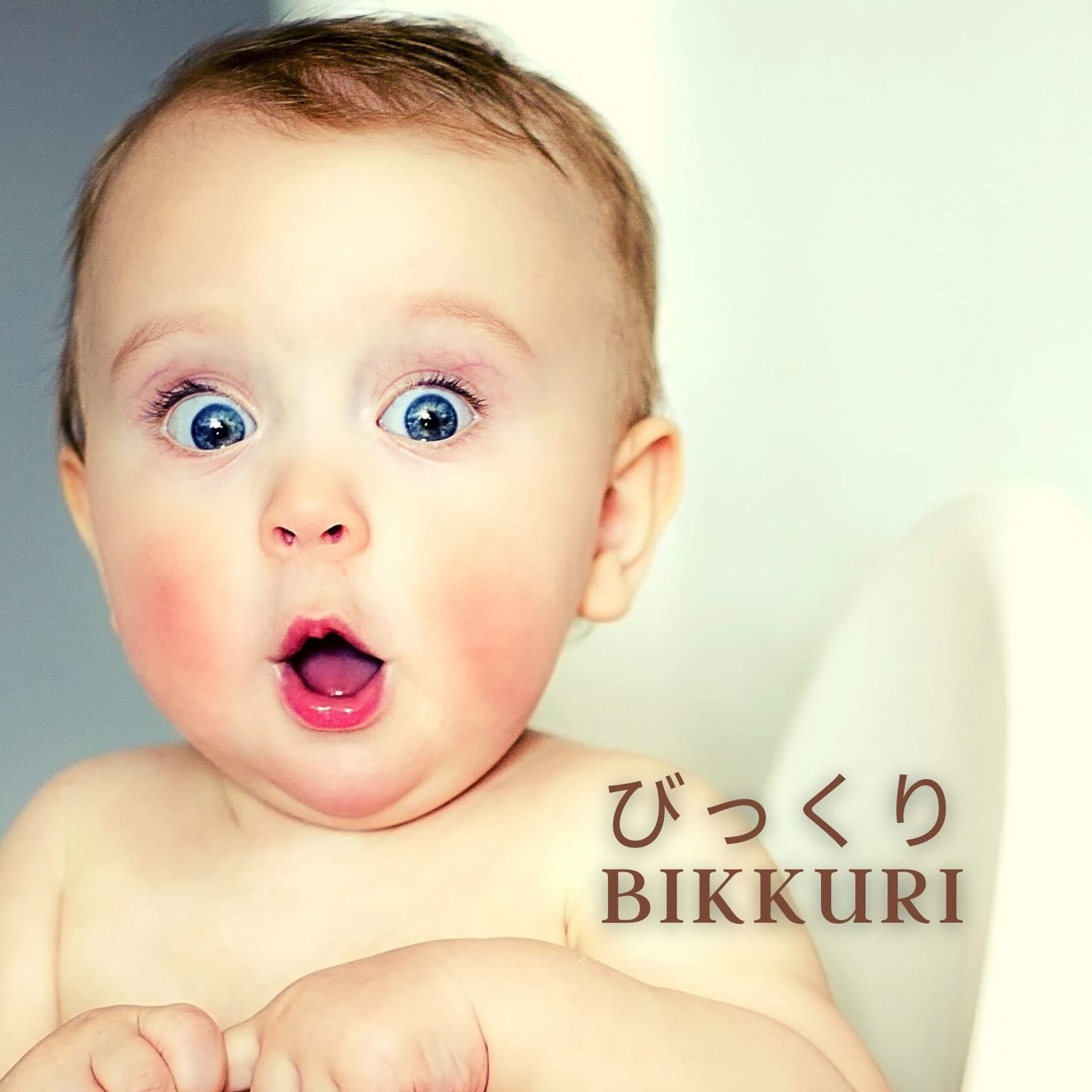
9. びっくり
Every Japanese language learner has certainly heard this one before. Bikkuri translates to “to be surprised.” It’s really easy to use when talking about something that shocked or amazed you.
マユコはゴキブリに気付き、びっくりして飛び上がった。Mayuko wa gokiburi ni kizuki, bikkuri shite tobi agatta. Mayuko jumped up in alarm after noticing the cockroach.
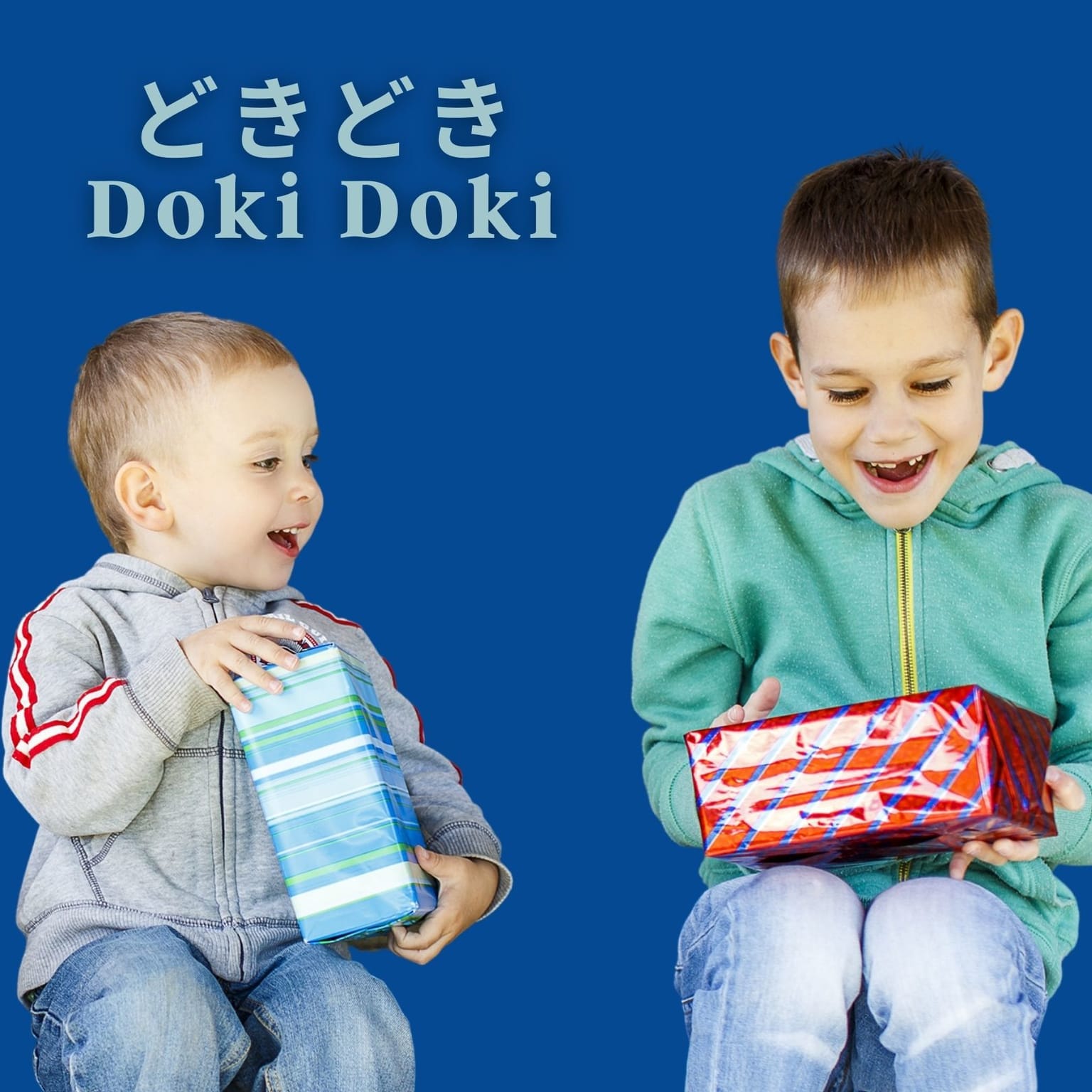
10. どきどき
Doki doki is very similar to waku waku. Though both are meant to describe positive emotions, doki doki is definitely more to refer to a physical reaction to the story you’re telling, like butterflies in your stomach.
名前を呼ばれてどきどきした。Namae wo yobarete dokidoki shita. My heart beat when I heard my name called.
There are so many more onomatopoeia to learn, and one wonders if it’s even possible to learn them all. If you master that, however, you can proudly say that you can sura sura speak the language.


